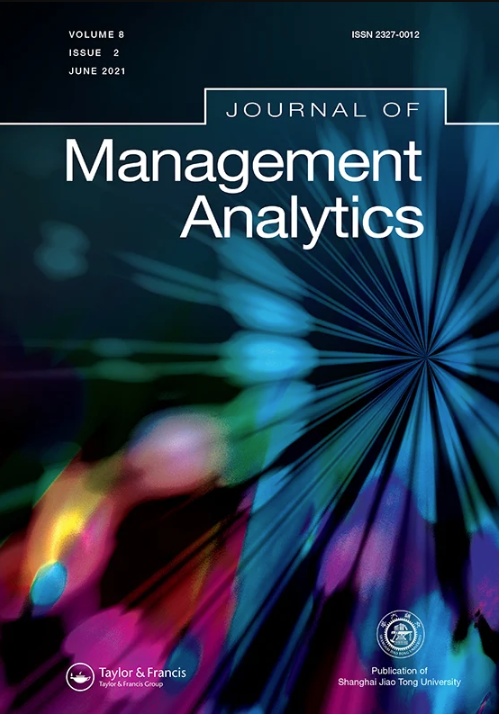循环经济的隔室模型及数值分析
IF 4.5
2区 管理学
Q2 BUSINESS
引用次数: 4
摘要
本文描述了物质循环经济的产业结构及其方程组,并基于隔室模型理论建立了资源循环利用的系统动态模型。定义了衡量资源回收利用效率的循环乘数及其计算公式。仿真结果表明,资源的循环利用不仅可以实现自然资源的资源量积累,提高资源的循环利用效率,而且可以通过对循环经济中各单元参数的调整,最大限度地减少对自然环境的排放。本文章由计算机程序翻译,如有差异,请以英文原文为准。
A compartment model and numerical analysis of circulatory economy
This paper describes an industrial structure and its equation system of a circular economy for material circulation and builds a system dynamic model for resources recycling utilization based on Compartment Model Theory. A circulation multiplier and its computational formula are defined for measuring the efficiency of resources recycling utilization. The simulated results indicate that the resources recycling utilization can not only realize the amount accumulation of natural resources and improve the resources recycling efficiency but can minimize discharges into natural environment by means of adjustment to each compartment parameter in the circular economy.
求助全文
通过发布文献求助,成功后即可免费获取论文全文。
去求助
来源期刊

Journal of Management Analytics
SOCIAL SCIENCES, MATHEMATICAL METHODS-
CiteScore
13.30
自引率
3.40%
发文量
14
期刊介绍:
The Journal of Management Analytics (JMA) is dedicated to advancing the theory and application of data analytics in traditional business fields. It focuses on the intersection of data analytics with key disciplines such as accounting, finance, management, marketing, production/operations management, and supply chain management. JMA is particularly interested in research that explores the interface between data analytics and these business areas. The journal welcomes studies employing a range of research methods, including empirical research, big data analytics, data science, operations research, management science, decision science, and simulation modeling.
 求助内容:
求助内容: 应助结果提醒方式:
应助结果提醒方式:


